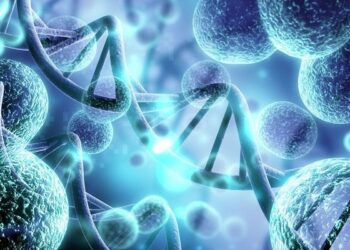Crystal Bioscience Inc. (Crystal) and Boehringer Ingelheim announced today that they have entered into an agreement to collaborate on the discovery and development of therapeutic antibodies. Crystal Bioscience will apply its proprietary gel encapsulated microenvironment (GEM) and chicken immunization platforms to discover antibodies to multiple targets selected by Boehringer Ingelheim, with the goal of discovering different development candidates that may result in new or better therapies. Boehringer Ingelheim will have the option to conduct the further development and commercialization of the antibodies. Under the terms of the agreement, Crystal will receive an upfront technology access fee and research funding for each program, and may receive technical success fees, option exercise fees, and other downstream payments.
“We appreciate the confidence that Boehringer Ingelheim has placed in our team and technology following on the success of our prior work together. We are very pleased to have a partner with the depth and breadth of experience of Boehringer Ingelheim in the development of therapeutic products” said Robert J. Etches, President and CEO of Crystal Bioscience.
“Crystal is an innovative addition to our biotherapeutics efforts. Crystal can deliver monoclonal antibodies generated in chicken, which offer access to new target space. We are pleased to extend our relationship with this proven partner and technology” said Jeffrey Hanke, SVP Research and Global Head Biotherapeutics at Boehringer Ingelheim.
About Crystal Bioscience Inc.
Crystal Bioscience is a privately held company that was founded in 2008 to develop a world-class therapeutic antibody discovery engine using chickens. Its platform is “powered by evolution,” exploiting the large phylogenetic distance between mammals and birds to generate a diverse array of antibodies to human targets that have proven intractable in mammalian and other discovery platforms. Crystal’s patented platform provides the unique ability to isolate monoclonal antibodies from immunized chickens, and can screen simultaneously for specificity and biological activity. It has led to the discovery of bioactive monoclonals directed against difficult targets, including GPCRs and ion channels. Chicken antibodies often recognize both human and mouse orthologs, which can simplify early stages of drug development where mouse disease models are used. The depth of screening provided by the GEM assay in combination with the breadth of the antibody repertoire in immunized birds provides access to an unparalleled source of affinity matured antibodies with therapeutic potential.

















